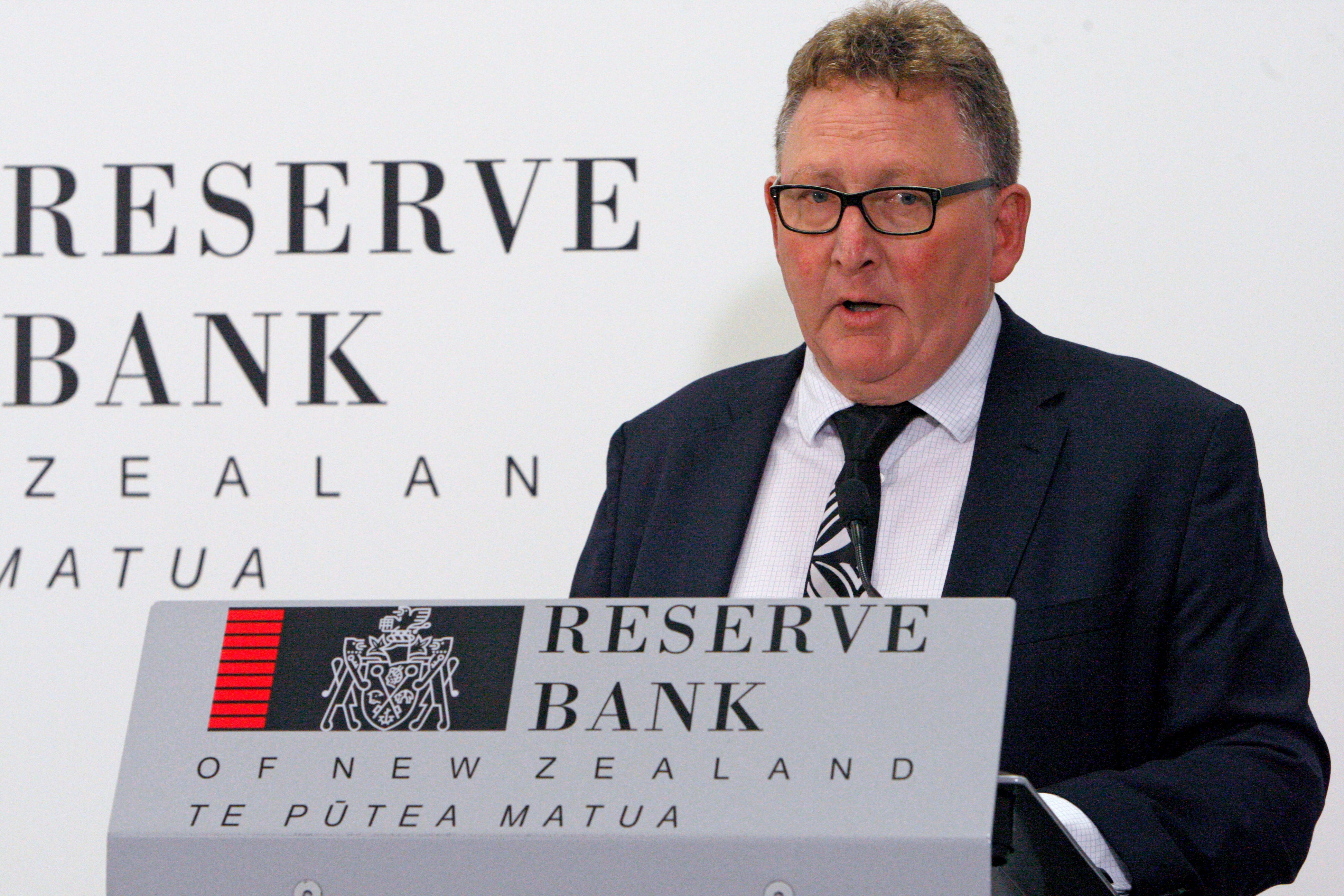New Zealand hikes interest rate to 4.25% to fight inflation
New Zealand’s central bank has hiked interest rates by a record amount as it tries to get inflation under control

Your support helps us to tell the story
From reproductive rights to climate change to Big Tech, The Independent is on the ground when the story is developing. Whether it's investigating the financials of Elon Musk's pro-Trump PAC or producing our latest documentary, 'The A Word', which shines a light on the American women fighting for reproductive rights, we know how important it is to parse out the facts from the messaging.
At such a critical moment in US history, we need reporters on the ground. Your donation allows us to keep sending journalists to speak to both sides of the story.
The Independent is trusted by Americans across the entire political spectrum. And unlike many other quality news outlets, we choose not to lock Americans out of our reporting and analysis with paywalls. We believe quality journalism should be available to everyone, paid for by those who can afford it.
Your support makes all the difference.New Zealand's central bank hiked interest rates Wednesday by a record amount as it tries to get inflation under control.
The Reserve Bank of New Zealand increased its benchmark rate by three-quarters of a point to 4.25%.
It's the first time the bank has raised rates by more than a half-point since introducing the Official Cash Rate in 1999. The new rate is the highest in New Zealand since early 2009.
New Zealand’s inflation rate is currently 7.2%, well above the bank’s target of 1% to 3%. The nation’s unemployment rate is 3.3%.
The bank also sharply revised upwards its projected peak for its benchmark rate, which it now expects it to reach 5.5% next year before it decreases. It predicted a sharp rise in unemployment next year and for the economy to dip briefly into a shallow recession.
The New Zealand dollar rose on the news and was trading at around 62 U.S. cents.
The U.S. Federal Reserve and other central banks around the world have been aggressively hiking interest rates to battle inflation. The Fed's key short-term rate is now set at 3.75% to 4%, up from near zero as recently as last March.
New Zealand Reserve Bank Governor Adrian Orr had a message for consumers.
“Think harder about your spending. Think about saving rather than consuming, I know that’s a strange concept,” he said. “Just cool the jets.”
Orr said the bank's monetary policy committee had agreed that interest rates needed to go higher, and sooner than previously indicated, to ensure inflation returned to its target level.
“Core consumer price inflation remains too high, employment is beyond its maximum sustainable level, and near-term inflation expectations have risen. So this is quite a heightened inflation environment,” Orr told reporters.
He said the committee had considered raising rates even more on Wednesday, by a full 1%, before settling on the 0.75% hike.
He said inflation was “no-one's friend” and that a small recession might be needed to get it down.
“In order to rid the country of inflation we need to reduce spending levels. That means that we will have a period of negative GDP growth, we think to the tune of around 1 percent of GDP," Orr said. “So in that sense it’s a shallow period and at the moment, we’re saying that's around the second half of next year.”
Orr said he expects house prices to decrease by a total of 20% by the middle of next year from their peak last November. House prices are currently down by about 11% from their peak.